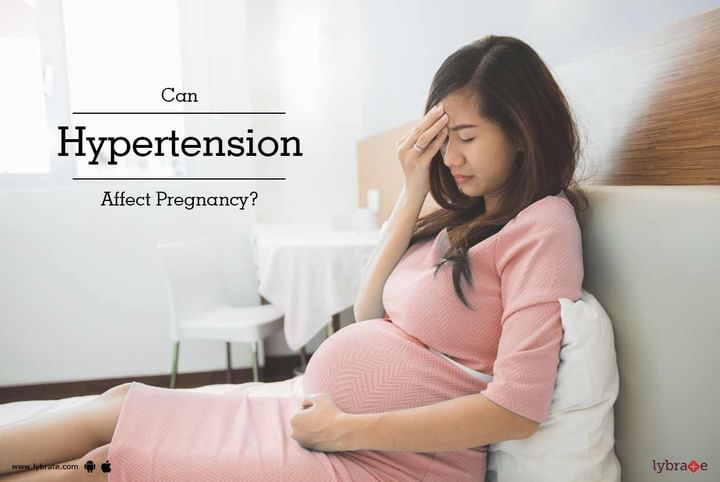Can Hypertension Affect Pregnancy?
Blood pressure is the thrust exerted by the blood against the artery walls or blood vessels. A certain count of blood pressure is necessary for blood circulation, but anything excessive may prove to be trouble. A reading above the count considered normal; 140/90 (mmHg) may induce symptoms, such as short breath, severe headaches, nosebleeds and anxiety.
Any sort of hypertension during pregnancy can take a toll on the baby.
1. Preeclampsia is a condition wherein, the blood pressure peeks high after 20 weeks of conception accompanied by traces of protein in urine and functional disorders in a few organs.
2. Hypertension might often result in the delivery of an underdeveloped (abnormally small size) baby.
3. High blood pressure might also give rise to a complication wherein, one might have to go for Caesarian section rather than a normal vaginal delivery.
4. The placenta detaches itself from the uterine wall much prior to the delivery.
5. Preeclampsia escalates one’s risks of suffering from heart disorders or other cardiovascular diseases.
6. It restricts the blood flow to the placenta (an organ nourishing the baby), thus cutting off adequate supply of oxygen and nutrients to the fetus.
Signs and symptoms:
1. Excessive protein content in urine
2. Impaired liver functioning
3. Low urine levels
5. Intense pain and tenderness in the upper abdomen
6. Problems in eyesight such as double vision or temporary loss of vision, light sensitivity and blurriness.
7. Abnormal swelling
8. Persistent and a severe headache
Treatment:
Medications do meddle with pregnancy. However, certain medications are considered safe to be used for keeping blood pressure levels under control. These include Angiotensin Converting Enzyme (ACE) inhibitors, Angiotensin Receptor Blockers (ARBs) and Renin Inhibitors. However, do consult a doctor to get your dosage administered accurately. If you wish to discuss about any specific problem, you can consult a doctor and ask a free question.



+1.svg)
